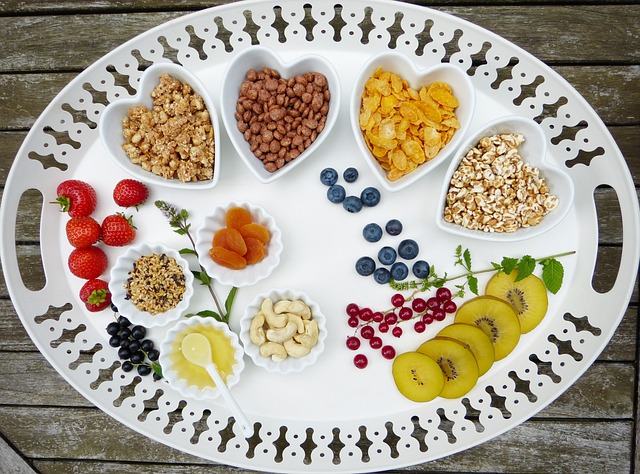Supercharge Your Immune System: Discover the Immune-Boosting Benefits of Probiotics
Probiotics are live microorganisms that offer several health benefits when consumed in adequate amounts. These friendly bacteria are often associated with gut health, digestion, and maintaining a healthy balance of the gut microbiome. However, recent research suggests that probiotics can also play a crucial role in boosting the immune system.
The Gut-Immune Connection
Did you know that a significant portion of your immune system resides in your gut? The gut is home to trillions of bacteria, collectively known as the gut microbiota. These bacteria not only aid in digestion and nutrient absorption but also play a vital role in supporting the immune system.
Research has shown that the gut microbiota interacts with the immune system, influencing its development and functioning. Imbalances in the gut microbiota have been linked to various immune-related conditions, including allergies, autoimmune diseases, and even mental health disorders.
Probiotics can help maintain a healthy balance of the gut microbiota, which in turn supports a robust immune system. By promoting the growth of beneficial bacteria and inhibiting harmful pathogens, probiotics contribute to a well-functioning immune system.
Immune-Boosting Benefits of Probiotics
1. Enhanced Immune Response:
Probiotics are known to stimulate the production of immune cells and enhance their activity. They can increase the production of antibodies, which play a key role in fighting off harmful pathogens. By boosting the immune response, probiotics help prevent and manage infections.
2. Reduced Risk of Respiratory Infections:
Studies have shown that certain probiotic strains can reduce the risk and duration of respiratory tract infections, such as the common cold and flu. Probiotics enhance the body’s natural defense mechanisms in the respiratory tract, making it more difficult for viruses and bacteria to invade.
3. Regulation of Inflammation:
Chronic inflammation is associated with several health conditions, including autoimmune diseases, heart disease, and certain cancers. Probiotics have shown potential in reducing inflammation by modulating the immune response. By maintaining a balanced immune system, probiotics can help prevent excessive inflammation.
4. Prevention of Allergies:
Allergies occur when the immune system overreacts to harmless substances, such as pollen or certain foods. Probiotics can help regulate the immune response and prevent the development of allergies. They have been studied for their potential in reducing the risk of allergic conditions, such as eczema and hay fever.
Best Sources of Probiotics
To harness the immune-boosting benefits of probiotics, it’s important to incorporate them into your diet. Here are some of the best sources of probiotics:
1. Yogurt: Yogurt contains live cultures of beneficial bacteria, such as Lactobacillus and Bifidobacterium.
2. Kefir: Kefir is a fermented milk drink that offers a diverse range of probiotic strains.
3. Sauerkraut: Sauerkraut is fermented cabbage that provides a good dose of probiotics.
4. Kimchi: Kimchi is a traditional Korean dish made from fermented vegetables, including cabbage and radishes.
5. Kombucha: Kombucha is a fermented tea beverage that contains probiotics and other beneficial compounds.
Conclusion
Probiotics are more than just gut-friendly bacteria. They have the potential to supercharge your immune system and protect you from various health conditions. By maintaining a healthy balance of the gut microbiota, probiotics support a robust immune response, reduce the risk of infections, regulate inflammation, and even prevent allergies. Incorporate probiotic-rich foods into your diet and give your immune system the boost it needs!







